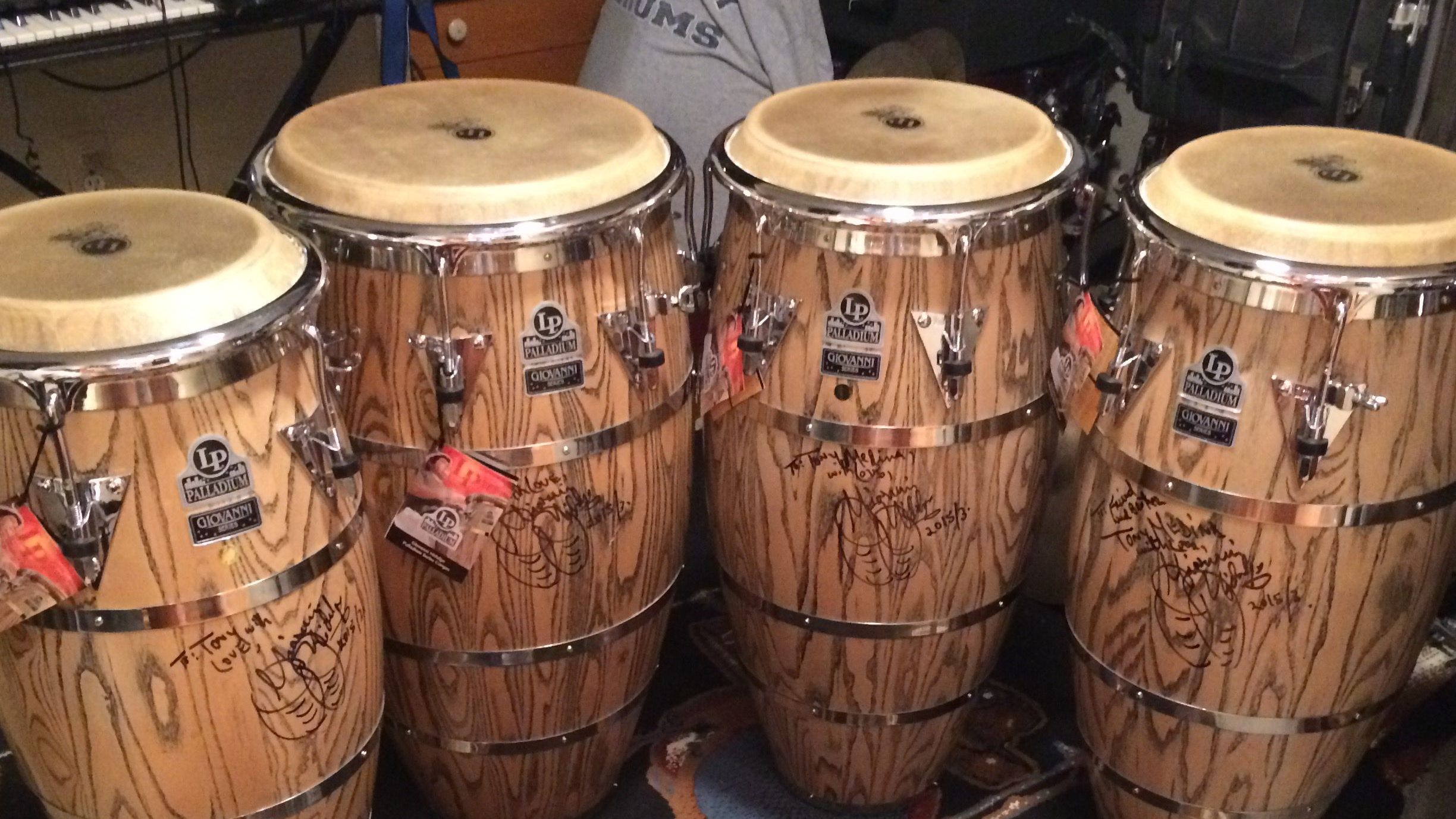Fújì is a popular Yoruba musical genre. It arose from the improvisational wéré music, also known as ajísari (meaning “waking up for sari”), a genre of music performed to wake Muslims before dawn during the Ramadan fasting season. Alhaji Sikiru Ayinde Barrister popularized wéré music during the 1950s and 60s and conceived the term “fújì” in an unusual way.
Read More: Unlocking African Culture Through Gamifying Education for Immersive Learning
Culture: New London Exhibition “Fuji”
A Opera london tells the story of Nigeria's "fuji" music genre celebrating its rich subculture from the early 1960s to the present day. #fujimusic #fuji #afroculture pic.twitter.com/gNUAdRARNV— Africanian News (@africaniannews) August 25, 2023
Previously held in Lagos, this multi-dimensional exhibition is now showing at London’s Africa Centre. It includes newly unearthed archival footage and artefacts, explores the past of fuji music, highlights its founding footprints, and celebrates its rich subculture from the early 1960s to the present day.
The collection is curated by Bobo Omotayo who wanted to create an immersive experience for all the family that provided education about fuji music and Nigerian culture.
“it’s an opportunity for us to learn a lot about African culture, it’s an opportunity to learn about Nigerian history because you can’t tell the story of Fuji without detaching it from those two things. So, it’s really an edu-tainment exhibition. It’s over four floors, so we’re very proud of that. And as you go through there’s several installations and opportunities for you to truly immerse yourself.”
Read More: The Dance of Culture and Technology –Embracing the Best of Both Worlds
The influential power of fuji music was explained by Bobo.
“Over the last sort of five or six decades, it’s taken many evolutions. There’s been so many players who have created incredible iconic music that have sort of influenced contemporary pop music. And, you know, I don’t think there’s a better reference to the influence of fuji than what we have now for Afrobeats, because the bedrock of Afrobeats sonically is embedded in fuji.”
For Fuji music, its strength lies in the fact that, for nearly 50 years (starting from its ‘Were’ origin), had created a movement; popular as a street jam. Despite Fuji’s seemingly dropping on the popularity graph of Nigerian music space, currently, its streets strength is still intact.
Read More: Diving into Diversity –Afrilabs Pan-African Language Week 2023
The ability to implore Fuji music’s streets strength advantage lies, not in the works of the aging stars, but in new energy. The young and emerging Fuji musicians have the advantage of age, energy and modern digital distribution networks to make the genre recover it’s lost strength and get stronger, going into the next decades of the 21st century.
